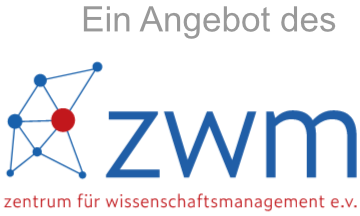Sie sind hier
The number of doctoral candidates is increasing worldwide. There has been an increase of more than 60 % in the number of new doctoral graduates in the EU alone over the period 2000 to 2011) (EC, 2014). Students come from a broader mix of entry pathways, educational, occupational, cultural and ethnic backgrounds, creating a more diverse doctoral student body. The doctorate is also evolving and diversifying. Just as research is increasingly inter-connected – crossing discipline, sector, institutional and national boundaries – we see increasing numbers of joint and group supervision, either where individual universities or faculties are seeking multiple bilateral strategic partnerships with other universities nationally and inter-nationally at the level of doctoral education, or in multi-institutional consortia. [...]
Ein Beitrag von Alexandra Bitusikova, Lucy Johnston, Brigitte Lehmann, Rebekah Smith McGloin und Lucas Zinner
Lesen Sie hier die einzelnen Beiträge des Themenheftes:
How to Communicate Chemical Knowledge? - A Qualification Course for PhD Students of Chemistry
Rethinking the doctorate - universities of applied sciences offer new perspectives
Cross-disciplinary Communication among Ph.D. Candidates: How to Make it Work
Quellen:Erschienen in: Zeitschrift für Hochschulentwicklung ZFHE Jg.12 / Nr.2 (Juni 2017)
- Bisher keine Ordner/Dateien vorhanden.
-
1706_WIMO_Editorial Structuring Doctoral Education.pdf
178.17 KB | 30.06.17 ( )
-
Keine Inhalte


Editorial: Structuring Doctoral Education
Dr Lucas Zinner